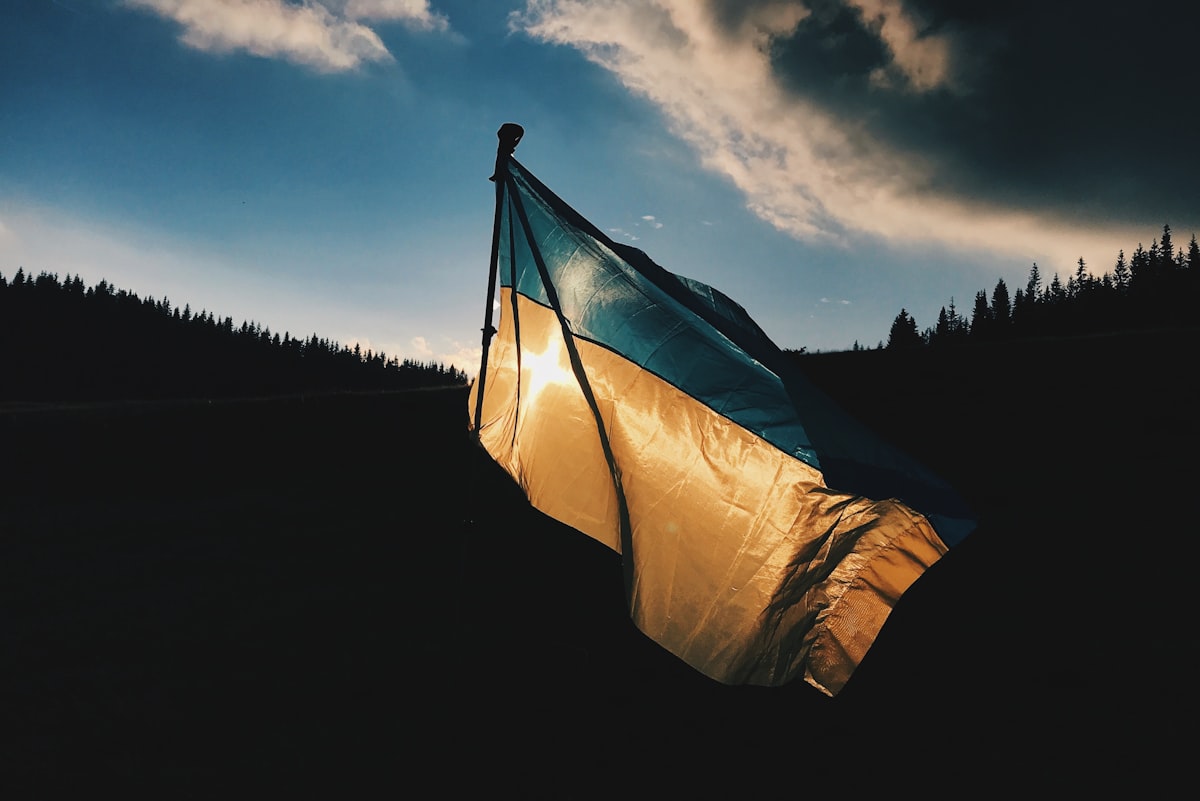Why peace in Ukraine is far away
Russian intervention in the neighboring country is a historic failure. What we are seeing is the intention to escalate the war. The migration crisis will impact more nations and produce greater instability in Europe.

Russian intervention in the neighboring country is a historic failure. What we are seeing is the intention to escalate the war. The migration crisis will impact more nations and produce greater instability in Europe.


Mexico is leading Latin America in agroecology, shifting from chemical-intensive farming to sustainable practices. Through 4,500 "Field Schools," farmers learn techniques like reduced tillage, bio-inputs, and on-farm seed production.

Mexico's canoeing federation begins its 2025 campaign with national team selections for the Junior Pan American Games in Asunción. The event, held at the Virgilio Uribe track, will also identify senior team prospects.

Mexican food is evolving beyond familiar staples. High-end restaurants are earning Michelin stars with innovative tasting menus, while migrant chefs are revitalizing street food. The definition of "authenticity" is being debated, but the diverse and dynamic scene promises exciting new flavors.

Discover the rich legacy of Mexican wine! From Valle de Guadalupe to Zacatecas, Mexico produces world-class wines packed with flavor and history. Perfect for celebrations, pairings, and boosting your health with resveratrol. Upgrade your glass and experience the magic of Mexican vino!